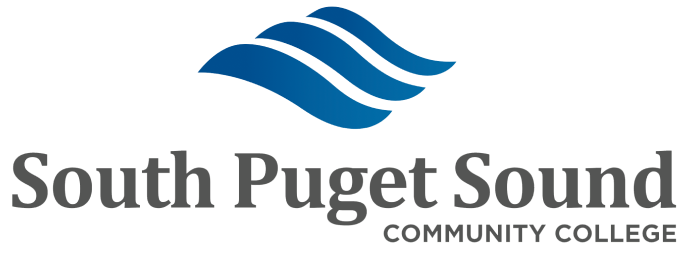Artificial Intelligence (AI) should be used responsibly, ethically, and transparently in accordance with college policies, to support curricular innovation, enhance class instruction, and improve the efficiency of college operations. Policy objectives are to promote student success, ensure ethical compliance, improve workload efficiencies, encourage innovation, and increase AI literacy, all in alignment with SPSCC’s mission, vision, and Strategic Plan.
Instruction
When used for instructional purposes, AI tools must align with the college's educational goals and enhance student learning outcomes. AI may be used in courses under the guidance of the professor teaching the class. Faculty should be transparent about the use of AI in their classroom, AI data safety, and how student work will be used. AI tools should be used to enrich the academic journey by providing diverse and interactive learning opportunities. Expectations for students’ use of AI in their work will be outlined in the course syllabus. Inappropriate use of AI will be governed by the academic dishonesty policy, as outlined in the SPSCC Student Code of Student Rights and Responsibilities and WAC 132X-60-090.
Privacy, Security and Data Management
Protecting the privacy of students and employees is paramount. AI systems approved for use at the college by IT Services will adhere to established college and regulatory data protection requirements and ethical guidelines, ensuring the responsible handling of sensitive information. Any use of AI tools must comply with the Family Educational Rights and Privacy Act (FERPA) and Washington Technology Solutions Policy SEC-01 Securing Information Technology Assets. Under the college’s Data Security policy, employees should avoid using college-specific information with public generative AI systems and instead use generic information. Use of sensitive, classified, and special handling information is strictly prohibited unless approved by IT Services.
